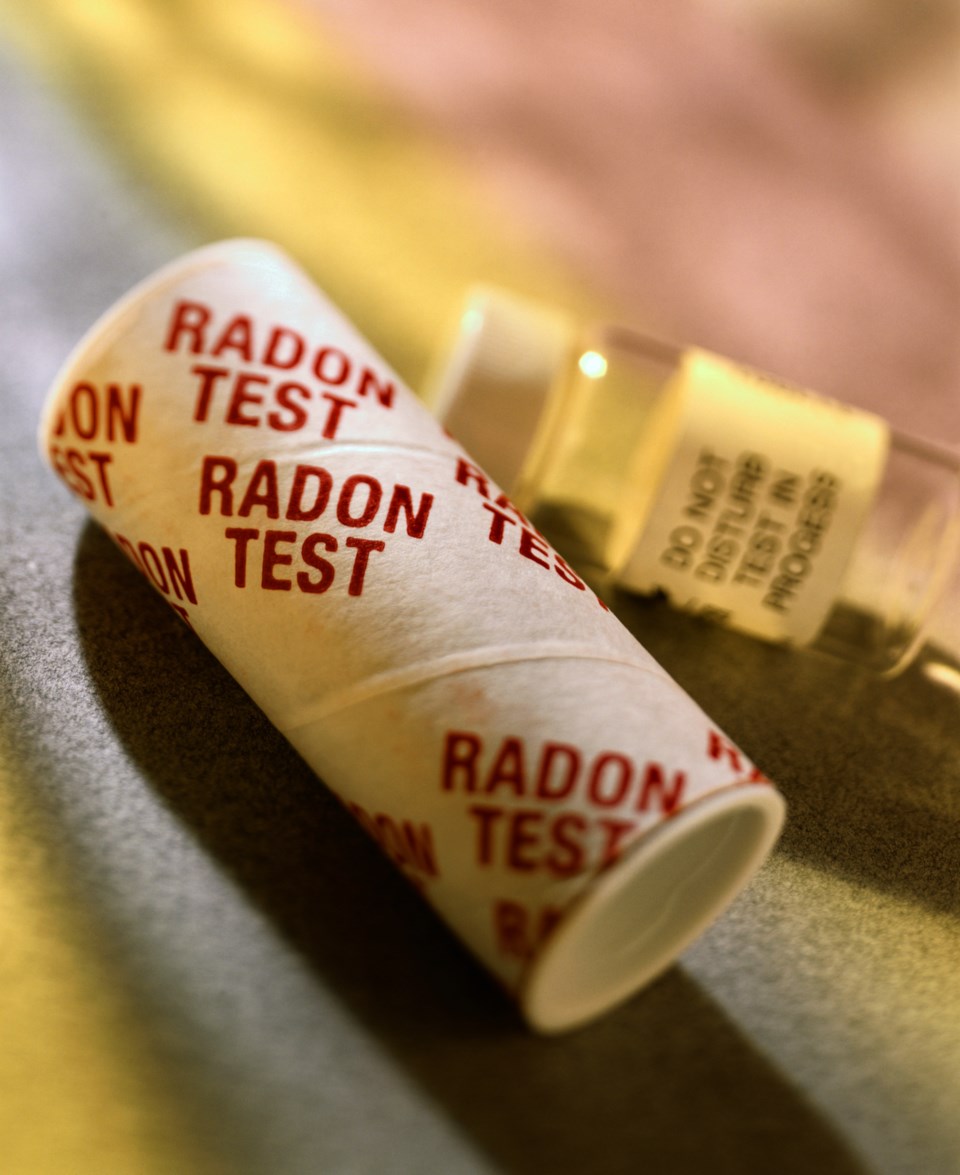Boulder County Public Health recommends that people test their homes for radon as more people stay home for longer periods of time. In Boulder County, 54% of homes have unhealthy radon levels. The average radon level in a home in Colorado is about 6.4 pCi/L; that’s equivalent to every person in the home having 200 chest X-rays every year. This compares with only 6% of homes having unhealthy radon levels across the rest of the country. Take action this January during National Radon Action Month by testing your home for radon.
Radon is a naturally occurring, invisible gas that decays into radioactive particles and increases the risk of lung cancer for those living with radon trapped inside their homes. Lung cancer kills more people than breast, prostate, and colon cancers combined. Radon exposure causes as many as 500 lung cancer deaths every year in Colorado.
Winter is a great time to test for radon because homes are closed up, and short-term testing can be done easily. Testing is simple and inexpensive, and when problems are discovered, they’re easier to fix than you’d think. Locally, low-cost test kits can be purchased from ReSource Central in Boulder. Kansas State University (KSU) National Radon Program Services offers low-cost test kits online. To order a test kit from KSU, go to www.sosradon.org Kits can also be found at local hardware and home improvement stores.
For more information about radon and testing, visit BoulderCountyRadon.org or contact Boulder County Public Health at [email protected]
Susan M. Martino and Patty Dooley-Strappelli,
Air Quality Program, Boulder County Public Health



